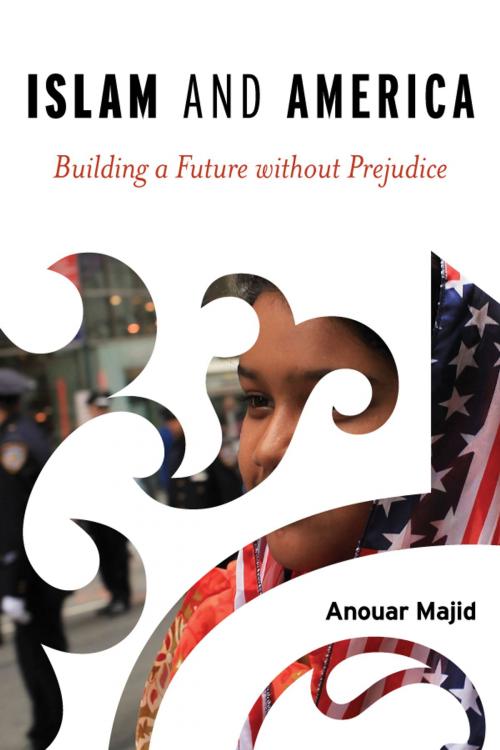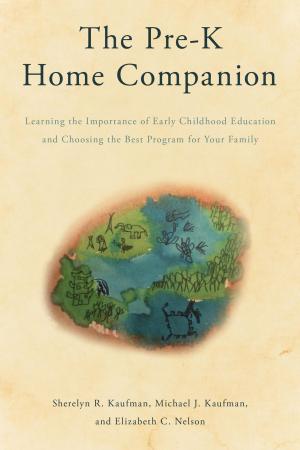Islam and America
Building a Future without Prejudice
Nonfiction, Religion & Spirituality, Middle East Religions, Islam| Author: | Anouar Majid | ISBN: | 9781442214149 |
| Publisher: | Rowman & Littlefield Publishers | Publication: | December 16, 2011 |
| Imprint: | Rowman & Littlefield Publishers | Language: | English |
| Author: | Anouar Majid |
| ISBN: | 9781442214149 |
| Publisher: | Rowman & Littlefield Publishers |
| Publication: | December 16, 2011 |
| Imprint: | Rowman & Littlefield Publishers |
| Language: | English |
Islam and America argues that the current animosity between the U.S. and Muslim world should be understood through the often-overlooked history between the two. Tracing the genealogy of this conflicted relationship from the Pilgrims to the present, author Anouar Majid weaves personal stories with historical narratives to offer a critical view of both cultures and to suggest a path towards future peace.
The book shows how America’s current conflict with Islam is rooted in a long and complicated history of prejudice and missed opportunities, as well as a history of benevolence and fruitful exchange on both sides. While historically Americans have generally regarded Islam as a despotic religion that needed to be overcome, the military and educational establishments that Americans built through their attempts at converting Muslims became sources of national pride in the Middle East. And while Muslims have often distrusted Americans, they, too, have made significant contributions to American culture.
Majid contends that knowing this history of both conflict and collaboration can help promote the mutual goodwill and appreciate that will be necessary to tackle the challenges facing Islam and America. Majid makes a provocative argument against faith-inspired prejudices and offers suggestions for the future.
Islam and America argues that the current animosity between the U.S. and Muslim world should be understood through the often-overlooked history between the two. Tracing the genealogy of this conflicted relationship from the Pilgrims to the present, author Anouar Majid weaves personal stories with historical narratives to offer a critical view of both cultures and to suggest a path towards future peace.
The book shows how America’s current conflict with Islam is rooted in a long and complicated history of prejudice and missed opportunities, as well as a history of benevolence and fruitful exchange on both sides. While historically Americans have generally regarded Islam as a despotic religion that needed to be overcome, the military and educational establishments that Americans built through their attempts at converting Muslims became sources of national pride in the Middle East. And while Muslims have often distrusted Americans, they, too, have made significant contributions to American culture.
Majid contends that knowing this history of both conflict and collaboration can help promote the mutual goodwill and appreciate that will be necessary to tackle the challenges facing Islam and America. Majid makes a provocative argument against faith-inspired prejudices and offers suggestions for the future.















